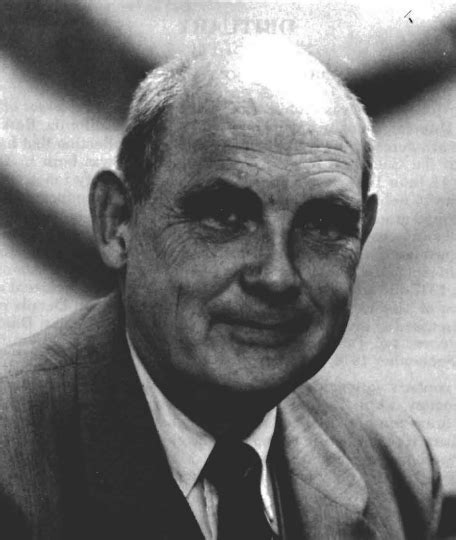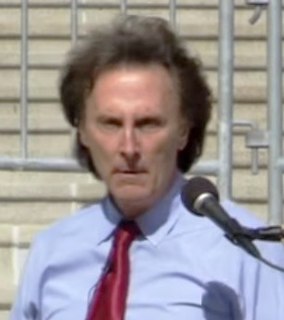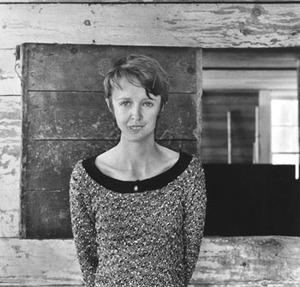A Quote by Hippocrates
It is better not to apply any treatment in cases of occult cancer; for if treated (by surgery), the patients die quickly; but if not treated, they hold out for a long time.
Related Quotes
If persons in the untreated...group die at any time in the study interval, they are reported...In the treated group, however, deaths which occur before completion of the treatment are rejected from the data, since these patients do not then meet the criteria...of the term 'treated'. The longer it takes for completion of the treatment,...the worse the error.
We went through the records and we found over five hundred of his patients who were alive and well five years after their treatment, with no cancer. And Dr. Burton didn't selectively give us these. These were "take what you want. Here are the patients I treated." So there was statistical improvement - more so than any cancer institution in the United States could show.
The survival rate of Dr Burton's patients approximately doubled the maximum survival rate of conventionally treated patients. Had these findings pertained to a chemotherapy drug instead of IAT, massive amounts of funding would have been allocated to investigate the drug. Once again, the politics of cancer barred a potentially valuable treatment from reaching the public.
The Pacific Yew can be cut down and processed to produce a potent chemical, taxol, which offers some promise of curing certain forms of lung, breast and ovarian cancer in patients who would otherwise quickly die... It seems an easy choice - sacrifice the tree for a human life - until one learns that three trees must be destroyed for each patient treated.
In 1975, the respected British medical journal Lancet reported on a study which compared the effect on cancer patients of (1) a single chemotherapy, (2) multiple chemotherapy, and (3) no treatment at all. No treatment 'proved a significantly better policy for patients' survival and for quality of remaining life.'
Being treated by a doctor who specializes in your kind of cancer is so important, especially for those of us who have rare or very rare cancers. They will have access to newer treatment options that may be offered only at big academic cancer centers, so you don't miss out on treatments that could help you.
I don't think the people today who start hearing voices, stop eating and sleeping, and run amuck are likely to get good treatment. Having more knowledge, better diagnostic capabilities, better medications with fewer side effects, can't make up for the fact that most patients are being treated by doctors, therapists, and hospitals, who are operating under constraints and incentives that reward non-treatment, non-hospitalization, non-therapy, non-follow-up, non-care. Lost to follow-up is the best outcome a health insurer can hope for.
I spent five years of my life being treated for cancer, but since then I've spent fifteen years being treated for nothing other than looking different from everyone else. It was the pain from that, from feeling ugly, that I always viewed as the great tragedy of my life. The fact that I had cancer seemed minor in comparison.




































